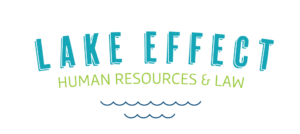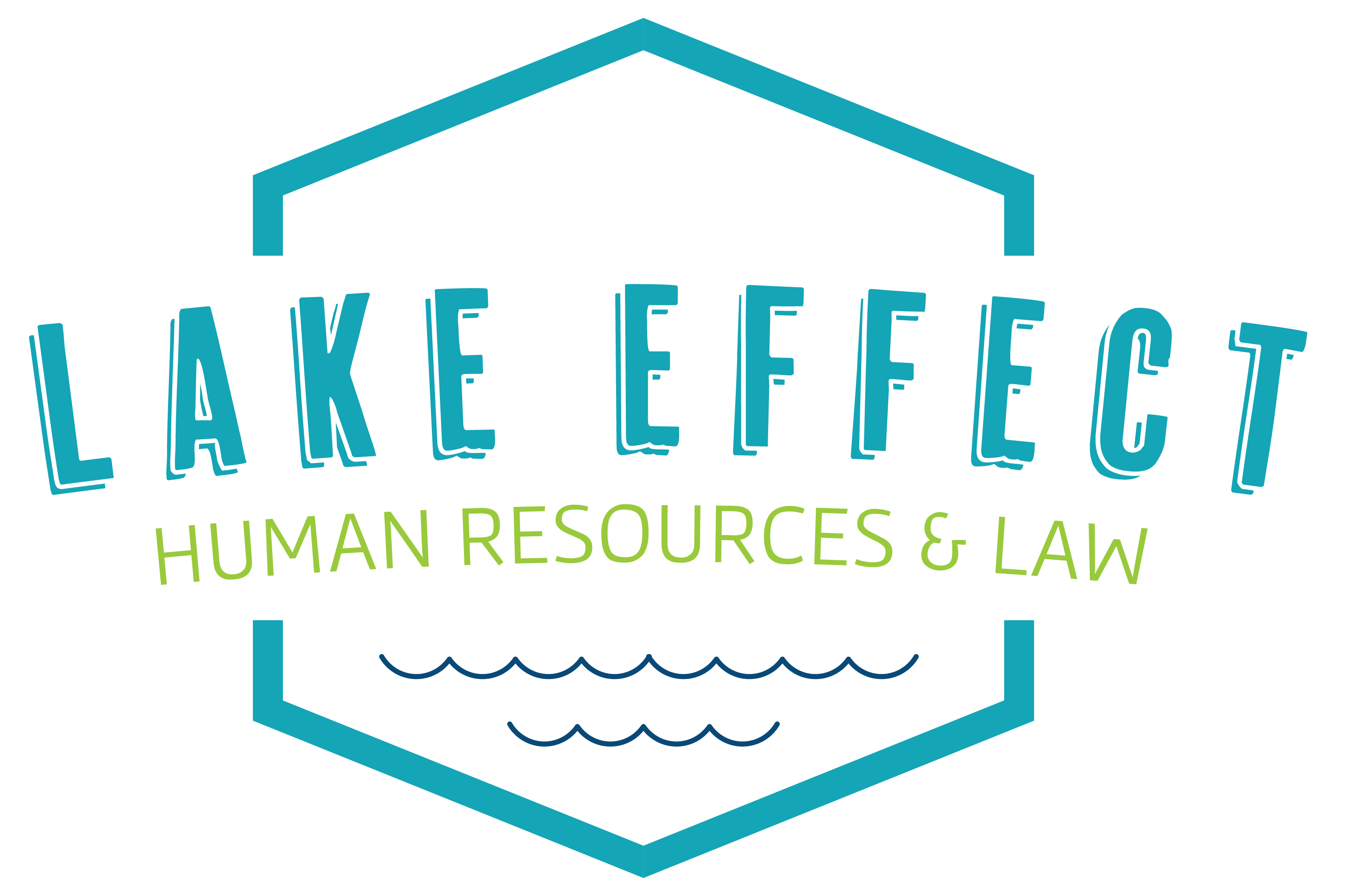As employers prepare for their annual benefit renewal process, they should also note the compliance notices that must be provided to employees. Lake Effect has compiled a list of benefit related notices for employers to review. Some notices should be distributed to new hires during orientation, and some need to be distributed to current employees annually. This is not necessarily comprehensive for all the notices your organization must provide. Please check with your benefits providers, brokers, and advisors to confirm which notices apply to your organization, and when they must be distributed.
Annual Notices or Upon Initial Enrollment in Coverage:
Summary of Benefits and Coverage: summarizes the key features of your plan or coverage, such as the covered benefits, cost-sharing provisions, and coverage limitations and exceptions.
Medicare Part D – informs your employees whether the prescription drug plan is considered credible or non-credible within your health plan. Check with your broker for more information.
Health Insurance Exchange Notice/ACA Info – provides information to employees regarding other health care options through the Marketplace.
CHIP Notice (Employer’s Children’s Health Insurance Program) – provides potential opportunities for premium assistance in the State in which the employee resides.
Gina Disclosures (Genetic Information Nondiscrimination Act) – prohibits discrimination in health coverage and employment based on genetic information.
MHPAEA Disclosure (Mental Health Parity and Addiction Equity Act) – generally prevents group health plans and health insurance issuers that provide mental health or substance use disorder (MH/SUD) benefits from imposing less favorable benefit limitations on those benefits than on medical/surgical benefits.
Newborns’ and Mothers’ Health Protection Act Notice – restricts benefits for any hospital length of stay in connection with childbirth for the mother or newborn child to less than 48 hours following a vaginal delivery, or less than 96 hours following a cesarean section.
Special Enrollment Rights Notice – describes the group health plan’s special enrollment rules including the right to enroll within 30 days of the loss of other coverage or in the case of marriage, birth of a child, adoption, etc.
WHCRA Notice (Women’s Health and Cancer Rights Act) – insurance plans and companies that cover mastectomy procedures must also cover certain related services, such as surgery and reconstruction, prosthetics, and treatment of physical complications resulting from the mastectomy. A notice of rights under WHCRA must be provided to each participant and beneficiary under the plan when they enroll, and then annually.
CMS (Centers for Medicare & Medicaid Services) – an online disclosure that reports information regarding your plan to the CMS.
Disclosure of Grandfathered Status (only applies if health plan is a grandfathered plan) – states that your plan or policy may not include certain consumer protections of the Affordable Care Act that apply to other plans, for example, the requirement for the provision of preventive health services without any cost sharing.
Notice of Privacy Practices – describes how providers may use and share your health information. It must also include your health privacy rights. If you have a self-funded plan, including a Health Reimbursement Arrangement, you may need to provide your plan HIPAA Privacy Notice. Check with your broker to see if this applies to your plan.
Wellness Program Disclosure – requires employers who offer wellness programs that collect employee health information to provide a notice to employees informing them what information will be collected, how it will be used, who will receive it, and how it will be confidential.
New Hires:
COBRA General Notice – contains important information and instructions regarding health benefits continuation coverage under COBRA. Employers should access the most up to date notice from www.dol.gov.
USERRA Notice (Uniformed Services Employment and Reemployment Rights Act) – protects military service members and veterans from employment discrimination on the basis of their service and allows them to regain their civilian jobs following a period of uniformed service.
FMLA (for employers with 50+ employees within a 75-mile radius) – requires covered employers to provide employees with job-protected and unpaid leave for qualified medical and family reasons.
Upon Certain Circumstances:
Notice of FMLA Eligibility and Rights & Responsibilities – FMLA covered employers must provide this form to qualifying employees with a qualifying need for FMLA leave.
COBRA Notice and Election Form – provides notice of COBRA rights at the end of employment to notify employees of their right to continue coverage or enroll in the Marketplace.
In addition to the above benefit notices, ERISA and retirement plans may also have specific notices that need to be provided to employees throughout the year. Employers should work closely with their plan advisors to ensure compliance with those notices.
Lake Effect is here to assist with your benefit compliance and administration related questions. We continue to monitor important legal and HR developments, as well as COVID-related updates from federal, state, and local authorities. Please keep watching for blogs and emails from us for important legal updates and HR best practices. Contact us at info@le-hrlaw.com or 1-844-333-5253.




